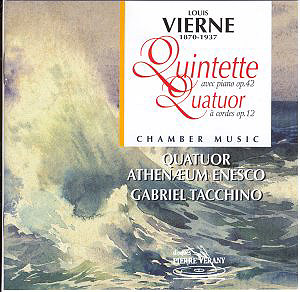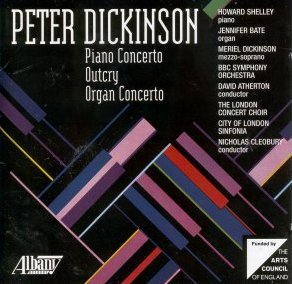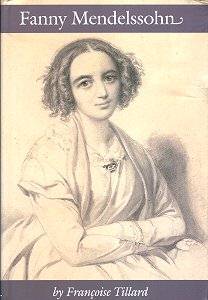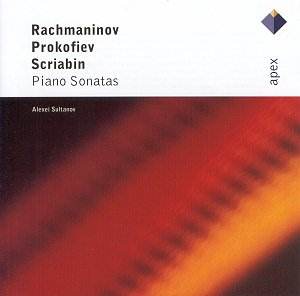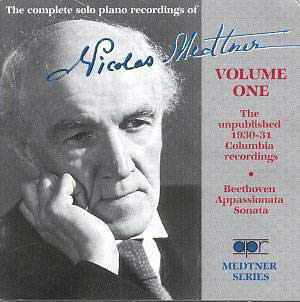 Composer: Nicolai Medtner
Composer: Nicolai Medtner
Works: Märchen (Skazka/Fairy Tales) Op. 14/2, Op. 8/1, Op. 20/2, Op. 51/3, Op. 51/5, Op. 20/1, Op. 26/3, Op. 26/2, Op. 51/2, Hymn in praise of toil Op. 49/1, Danza jubilosa Op. 40/4, Danza festiva Op. 38/3, Canzona matinata Op. 39/4, Novelle Op. 17/1; Ludwig van Beethoven: Sonata No. 23 Op. 57 Appassionata
Performers: Nicolai Medtner, piano
Recording: Recorded London 1930-31 (Medtner) and 1946 (Beethoven)
Label: EMI
Nicolai Medtner, often overshadowed by his illustrious contemporaries such as Rachmaninov, emerges in this collection as a composer-pianist of remarkable depth and individuality. His works, particularly the “Märchen” cycle, reveal an intricate tapestry of emotion and technical prowess that beckons listeners to delve deeper into his musical world. Volume 1 of Medtner’s complete solo piano recordings, particularly noteworthy for its historical significance, captures the essence of a composer whose music deserves a more prominent place in the pantheon of early twentieth-century piano literature.
The recordings, made between 1930 and 1946, offer a rare opportunity to experience Medtner’s interpretations of his own compositions alongside a monumental Beethoven sonata. Medtner’s performance characteristics are defined by a unique rhythmic fluidity and a nuanced color palette, evident in pieces such as “Op. 14/2,” where the delicate left-hand runs breathe life into the contrapuntal textures. His approach is neither excessively romanticized nor overly cerebral; rather, it strikes a balance that highlights the lyrical qualities inherent in his writing. The “Hymn in praise of toil” from Op. 49/1 stands out for its solemnity and depth, revealing Medtner’s ability to infuse his music with profound philosophical undercurrents while maintaining accessibility.
Medtner’s pianism is further exemplified in the exuberantly virtuosic “Danza jubilosa” and the combustible “Danza festiva.” Here, he showcases a technical command that is both dazzling and organic. The intricate passagework in “Op. 26/2” feels exhilarating, yet it never descends into mere display. Instead, Medtner’s choices reflect a commitment to the emotional narrative, allowing each note to resonate with intention. This interpretative clarity is bolstered by his use of tempo rubato, as seen in “Op. 51/3,” where he crafts phrases that ebb and flow with a natural cadence, enhancing the music’s expressive potential.
The sound quality of this collection, masterfully remastered by APR, is exceptional considering the age of the recordings. The engineers have maintained the integrity of Medtner’s sound while minimizing extraneous noise, allowing listeners to appreciate the subtle differences in recording techniques employed during the various sessions. The aural textures reveal a spectrum of dynamics and tonal colors that Medtner himself harnessed so effectively. Comparatively, these recordings stand up well against contemporary interpretations, offering a raw authenticity that modern performances sometimes lack.
The inclusion of Beethoven’s “Appassionata,” recorded in 1946, serves to illuminate Medtner’s interpretative depth. His approach to the sonata’s Allegro assai is marked by a grim determination, reflecting the work’s emotional landscape with clarity and conviction. The dynamic gradations in the slow movement are particularly striking, revealing a profound sense of introspection that complements the fiery finale, where Medtner builds a compelling narrative of inevitability and resolution.
An essential contribution to the piano repertoire, this release not only revitalizes interest in Medtner’s music but also highlights the artistry of a pianist who understood the spiritual dimensions of interpretation. The combination of historical significance, technical excellence, and emotional depth in these recordings solidifies their importance in the discography of both Medtner and the broader piano canon. This collection is a vital listening experience for anyone wishing to explore the depths of early twentieth-century piano music.
